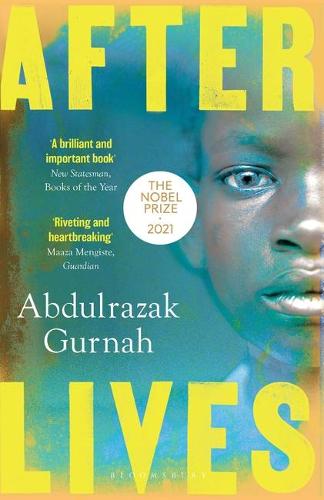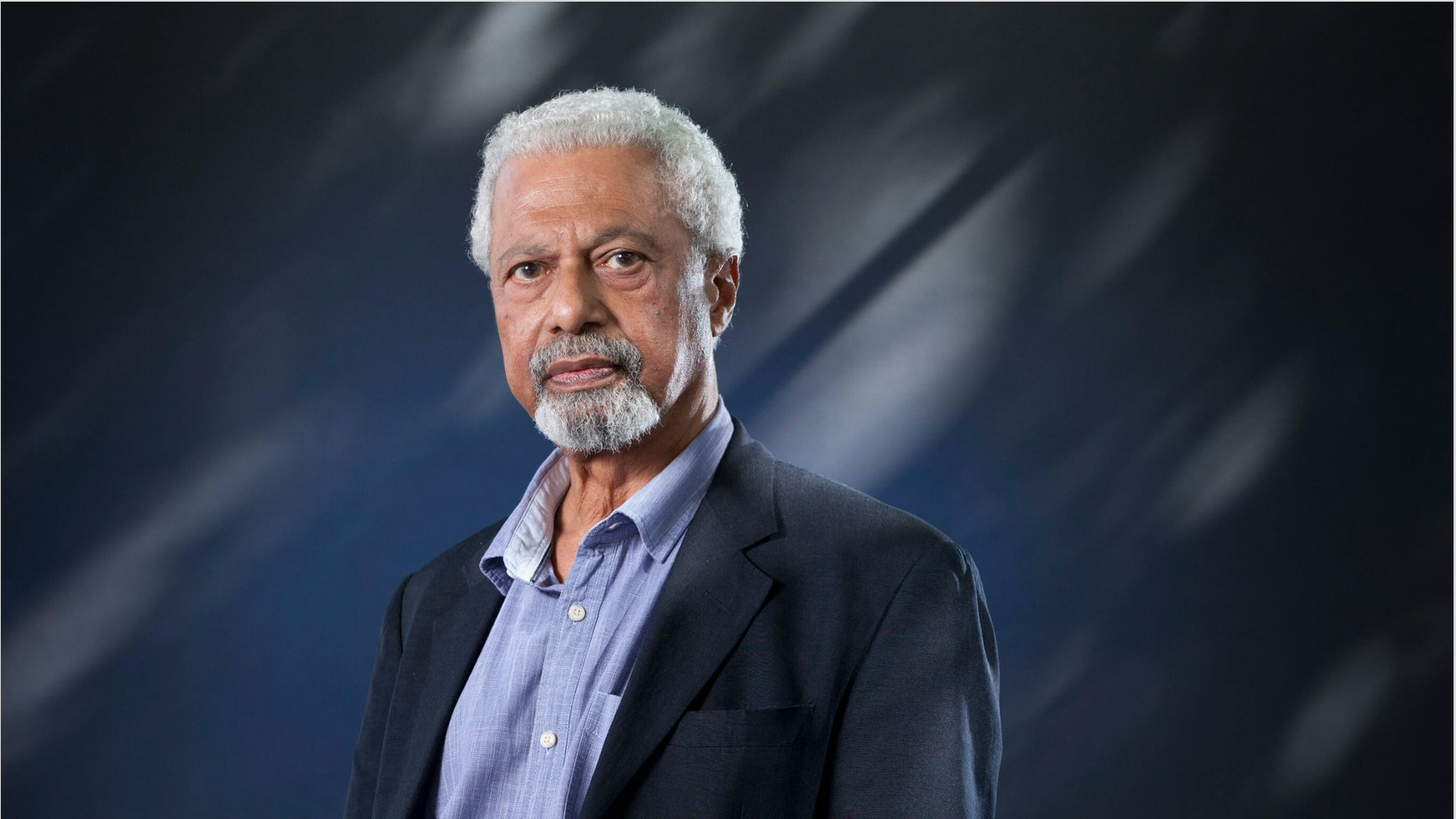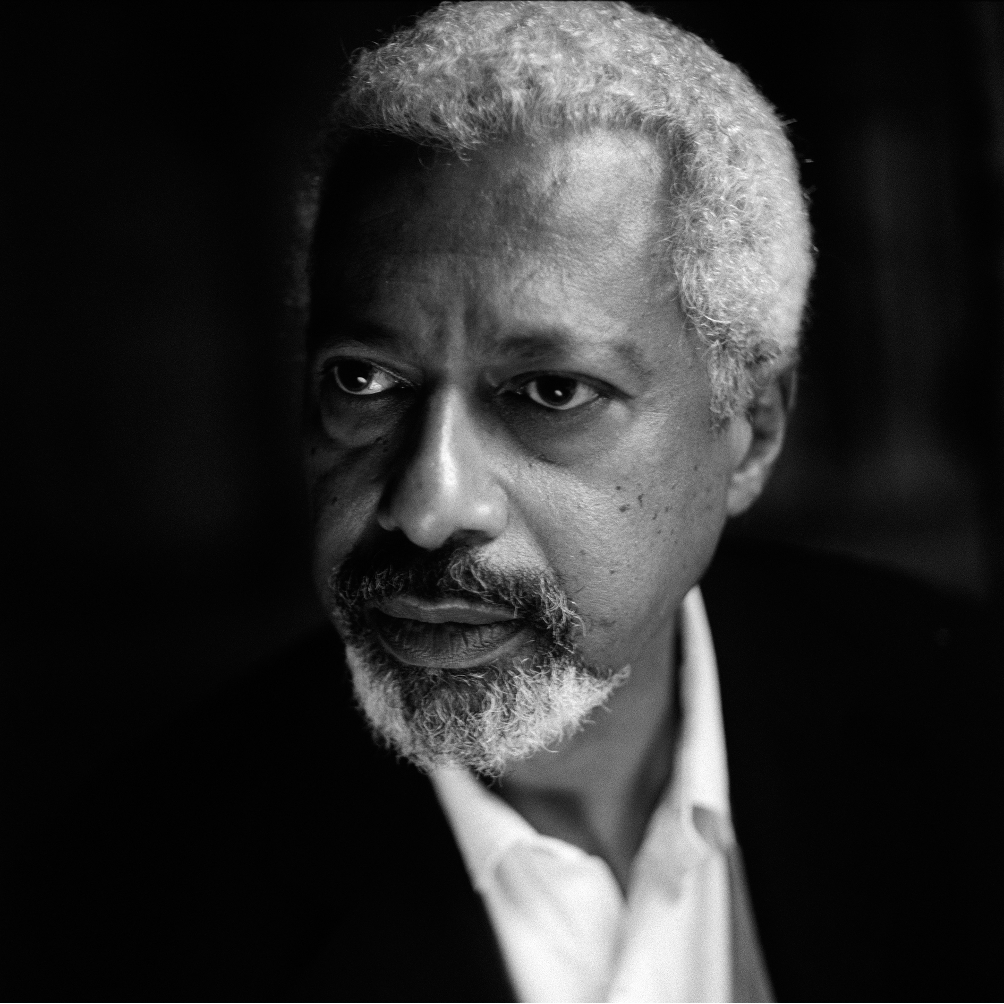The recipient of the 2021 Nobel Prize in Literature, Abdulrazak Gurnah tells stories of love and war, politics and history: in short, of human nature and the human heart in its infinite complexity.
Both a scholar of postcolonial literature and one of its most celebrated authors, Abdulrazak Gurnah’s life and work alike are steeped in the multifaceted reality of exile.
Born under British colonial rule on the island of Zanzibar, coming of age at a time of revolution, and forced to flee the newly formed Republic of Tanzania with his family by state persecution, Abdulrazak Gurnah arrived in Britain aged eighteen to begin a life.
Now, over thirty years after his debut novel Memory of Departure (1987), he takes a place alongside Tony Morrison, Samuel Beckett and Gabriel Garcia Marquez as a Nobel laureate – an author whose work belongs not only in East Africa or his adopted home of the UK, but to the canon of world literature.
In this free livestream event, Abdulrazak joins us for a conversation exploring the themes celebrated by the Nobel Committee of the Swedish Academy: a dedication to truth and aversion to simplification, compassion and unyielding commitment to the full complexity of human life, and above all things the intellectual passion that remains as undimmed now as when he began writing as a 21 year old refugee.
Praise for Abdulrazak Gurnah’s Afterlives:
‘An aural archive of a lost Africa … alive with the unexpected. In it, an obliterated world is enthrallingly retrieved’ ― Sunday Times
‘From the first assured pages of Afterlives, a book of quiet beauty and tragedy, it is clear one is in the hands of a master storyteller’ ― Financial Times
‘Many layered, violent, beautiful and strange … a poetic and vividly conjured book about Africa and the brooding power of the unknown’ ― Independent on Sunday
‘A powerfully evocative oeuvre that keeps coming back to the same questions, in spare, graceful prose, about the ties that bind and the ties that fray’ ― Daily Telegraph
‘A vibrant and vivid novel which shows human beings in all their generosity and greed, pettiness and nobility, so that even minor characters seem capable of carrying entire novels all by themselves’ ― Herald
‘Abdulrazak Gurnah is a master of his craft … An intricate, delicate novel, vitally necessary’ ― New Internationalist
‘Rarely in a lifetime can you open a book and find that reading it encapsulates the enchanting qualities of a love affair … One scarcely dares breathe while reading it for fear of breaking the enchantment’― The Times
‘Riveting and heartbreaking … A compelling novel, one that gathers close all those who were meant to be forgotten, and refuses their erasure’ ― Maaza Mengiste, Guardian
‘A remarkable novel by a wondrous writer, deeply compelling…a thread that links our humanity with the colonial legacy that lies beneath in ways that cut deep’― Philippe Sands







